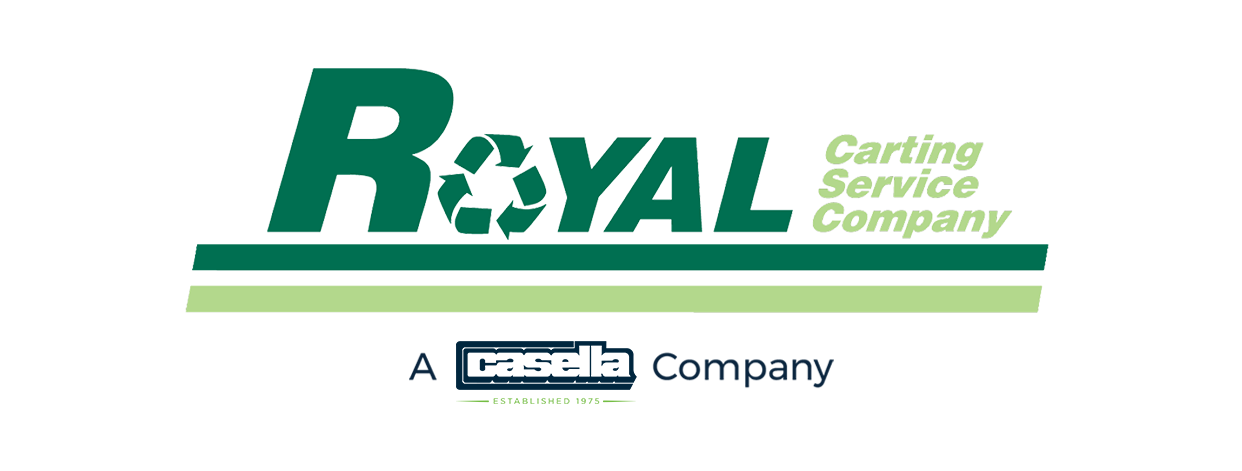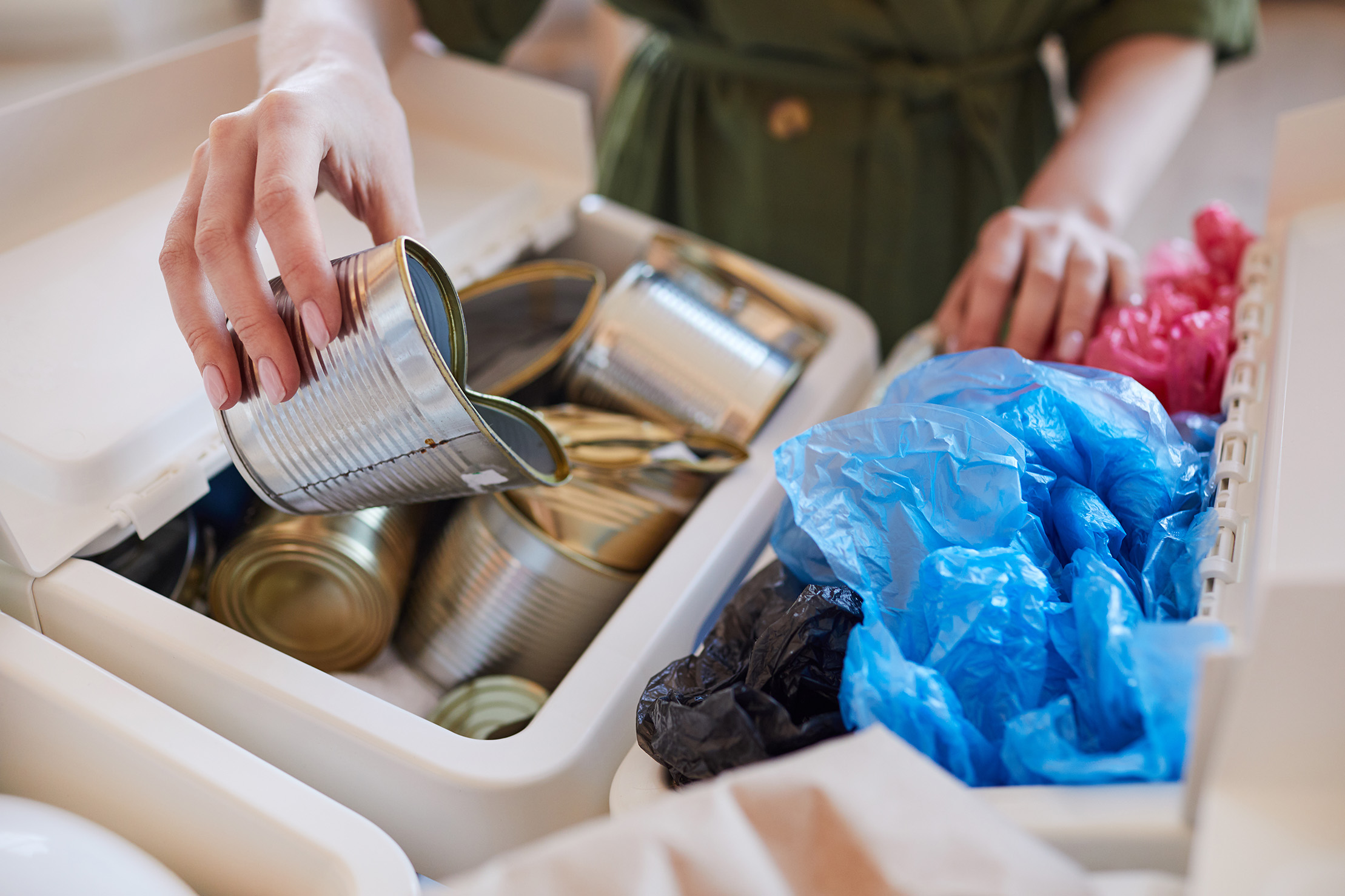The start of a new year offers a fresh opportunity to adopt habits that align with your values and aspirations. For eco-conscious individuals and families, 2025 could be the year of significant strides toward sustainable living. By reducing waste at home and supporting sustainable practices in your community, you can make a lasting positive impact on the planet.
To make this easier, we’ve compiled a checklist of sustainable waste practices for you to adopt this year. Whether you’re just beginning your zero-waste journey or looking to refine your eco-friendly habits, these tips will help set you on the right path.
Why Sustainable Waste Practices Matter
The average American generates about 4.4 pounds of waste daily, much of which is in landfills. Reducing waste conserves natural resources and helps minimize greenhouse gas emissions and pollution. Small changes in daily habits can contribute to significant environmental benefits over time.
Sustainable waste practices are about more than just “going green”—they’re about creating a healthier environment for generations to come. And the great thing? Sustainable living starts with simple steps.
Your Checklist for Sustainable Waste Practices in 2025
1. Conduct a Waste Audit
Before creating a plan, identify what types of waste your household generates the most. Separate your trash into categories—plastic, paper, food waste, and so on. This will help you recognize areas where you can reduce or eliminate waste.
2. Ditch Single-Use Plastics
Swap out single-use plastic items like water bottles, straws, and grocery bags for durable, reusable alternatives. Invest in a stainless steel water bottle, a set of silicone straws, and sturdy canvas shopping bags. Not only are these replacements eco-friendly, but they are also cost-efficient in the long run.
3. Compost Organic Waste
Starting a compost bin is a straightforward but impactful way to reduce your household’s waste. Food scraps and yard waste make up about 30% of what we throw away. Instead of sending organic waste to the landfill, compost it to create nutrient-rich soil for your garden.
4. Buy in Bulk and Use Minimal Packaging
Support stores or co-ops that encourage bulk purchasing and allow you to bring your own containers. Buying in bulk minimizes the need for excess packaging while reducing the overall cost of goods.
5. Repurpose and Upcycle
Before throwing something away, ask yourself if it could serve another purpose. Old jars can store pantry items, worn-out clothes can be turned into cleaning rags, and furniture can be refurbished instead of replaced.
6. Recycle Properly
Not everything belongs in the recycling bin. Take time to learn your local recycling guidelines to ensure that the right materials are being recycled. For hazardous items like batteries and electronics, locate designated recycling centers in your area.
7. Support Sustainable Brands
When shopping, choose companies and products committed to sustainable practices. Look for certifications like Fair Trade, B Corp, or USDA Organic to ensure your purchases align with your eco-friendly values.
8. Reduce Paper Waste
Switch to digital statements and bills to cut down on unnecessary paper clutter. Additionally, opt for reusable items like cloth napkins and cleaning cloths to replace disposable paper products.
9. Share and Borrow
Before purchasing something new, consider whether you can borrow or share it with someone in your community. Platforms like Facebook Marketplace or local buy-nothing groups can help you find free or shared resources.
10. Get Your Family and Community on Board
The shift toward zero waste isn’t a solo venture—it’s a community effort! Talk to friends and family about sustainable waste practices and help spread awareness within your neighborhood. Together, change becomes not only possible but impactful.
Tips for Staying Consistent with Eco-Friendly Habits
Adopting sustainable practices is a resolution worth sticking to, but it takes consistency. Here are some additional ways to maintain your eco-friendly habits throughout the year:
- Set Tangible Goals — For example, aim to reduce weekly waste by 20%. Tracking progress motivates you to stay accountable.
- Celebrate Milestones — Hitting a milestone like cutting your household trash output in half is worth celebrating. Reward yourself in an eco-friendly way—perhaps with a zero-waste picnic!
- Stay Educated — Follow blogs, podcasts, or social media accounts focused on sustainable living for ongoing inspiration and tips.
- Explore Worthwhile Investments — Consider investing in energy-efficient appliances, solar panels, or a rainwater harvesting system. While these may require upfront costs, they support a long-term commitment to sustainability.
Bridging Sustainability at Home and Beyond
By implementing these sustainable waste practices, your household will not only contribute to a cleaner, greener planet but also inspire others to follow suit. Each small step creates a ripple effect, proving that individual choices can drive collective impact.
Are you ready to kick off 2025 by living more sustainably? Share this checklist with a friend or family member to spread the word. Together, we can make sustainable living the norm, not the exception.
Respect for the environment starts with us. Let’s make this year a turning point!
Join Our Quarterly Newsletter
Don’t miss out on our latest tips, offers, and services to keep your space clean and organized. Sign up for our newsletter today and become part of the Royal Carting community. We provide valuable insights directly to your inbox. Sign up now!

